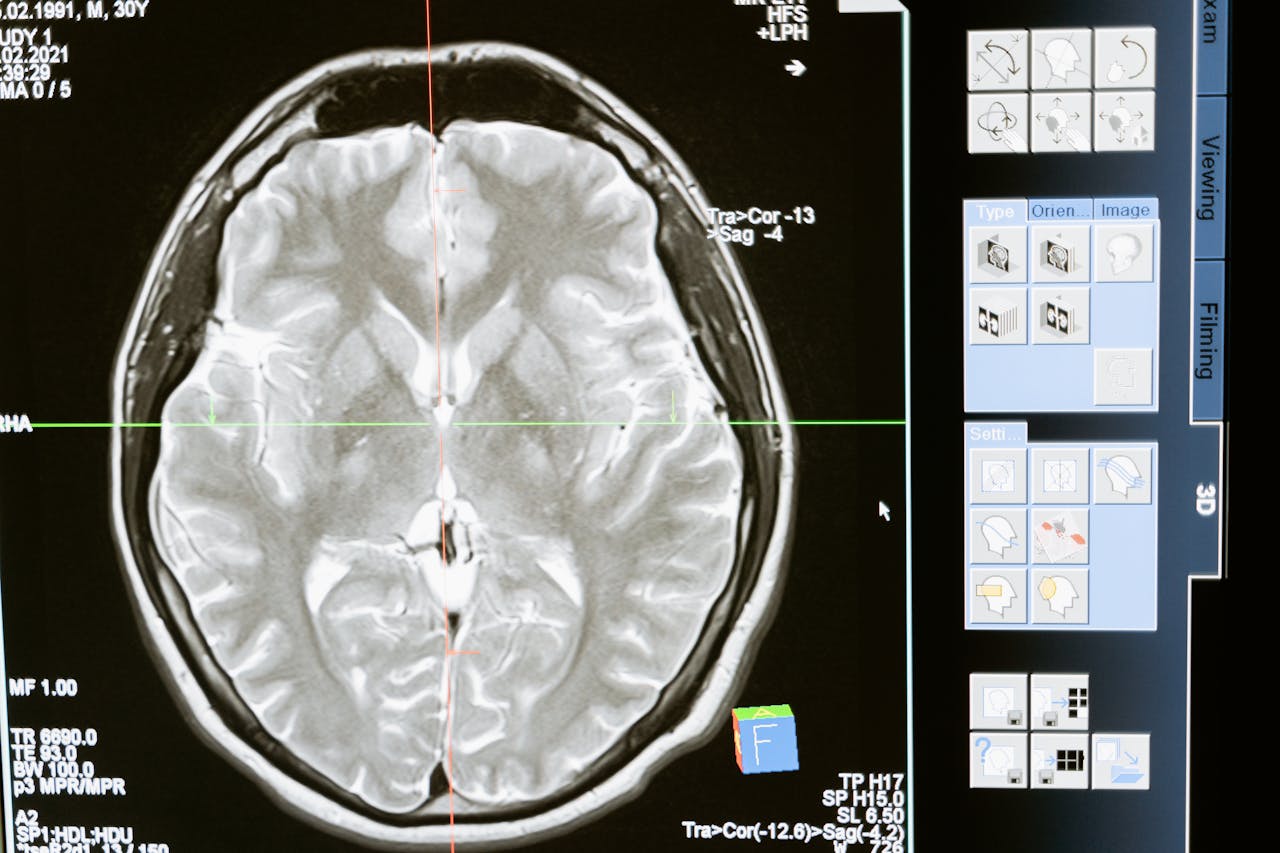What is Inositol?
Inositol is a naturally occurring compound often referred to as part of the B-vitamin family, though technically it’s not a vitamin. It’s found in many foods, including fruits, beans, grains, and nuts. The body also produces inositol from glucose. It plays a vital role in cellular processes, including how cells communicate with each other.
Inositol is particularly important for the central nervous system because it helps regulate key neurotransmitters like serotonin and dopamine, which are crucial for mood and mental health.
How Inositol Impacts Brain Health
Mood Regulation and Anxiety Relief
One of the most studied benefits of inositol is its ability to support mental health, particularly about anxiety and depression. Research suggests that inositol helps balance neurotransmitters such as serotonin and dopamine. These chemicals have a direct impact on how we feel; low levels of serotonin, for example, are often linked to anxiety, depression, and mood swings.
Studies have found that high doses of inositol may help reduce symptoms of anxiety disorders, panic attacks, and obsessive-compulsive disorder (OCD). In one small study, individuals with panic disorder who took inositol experienced fewer panic attacks compared to those taking a placebo.
Cognitive Function and Brain Signalling
Inositol plays a crucial role in cell signalling, which affects how brain cells communicate. By supporting the pathways that allow cells to “talk” to each other, inositol may improve brain function. This is particularly important for cognitive tasks like memory, focus, and learning. While research on inositol’s direct effect on cognitive function is still emerging, it’s clear that maintaining healthy cell signalling is crucial for mental clarity and brain health.
Supporting Mental Health in PCOS
Though more commonly associated with reproductive health, women with polycystic ovary syndrome (PCOS) often benefit from inositol supplements for both hormone regulation and mental health. Many women with PCOS struggle with anxiety and depression due to the hormonal imbalances caused by the condition. Inositol has been shown to improve both mood and metabolic symptoms in these women, making it a potential dual-action supplement for the brain and body.
How to Take Inositol
Inositol is available as a supplement in two forms: Myo-inositol and D-chiro inositol. Both have similar benefits, but Myo-inositol is the form most often used in studies for brain health and mood regulation. Dosage can vary depending on the individual and what it’s being used for, but higher doses (around 12-18 grams per day) have been studied for anxiety and mood disorders.
The Bottom Line
Inositol is a promising supplement for those looking to support their brain health, particularly if they struggle with anxiety, mood swings, or cognitive issues. By balancing key neurotransmitters and improving cellular communication, it offers a natural way to promote mental wellness. If you’re considering inositol for brain health, speak to your healthcare provider about the best approach and dosage for your needs.

